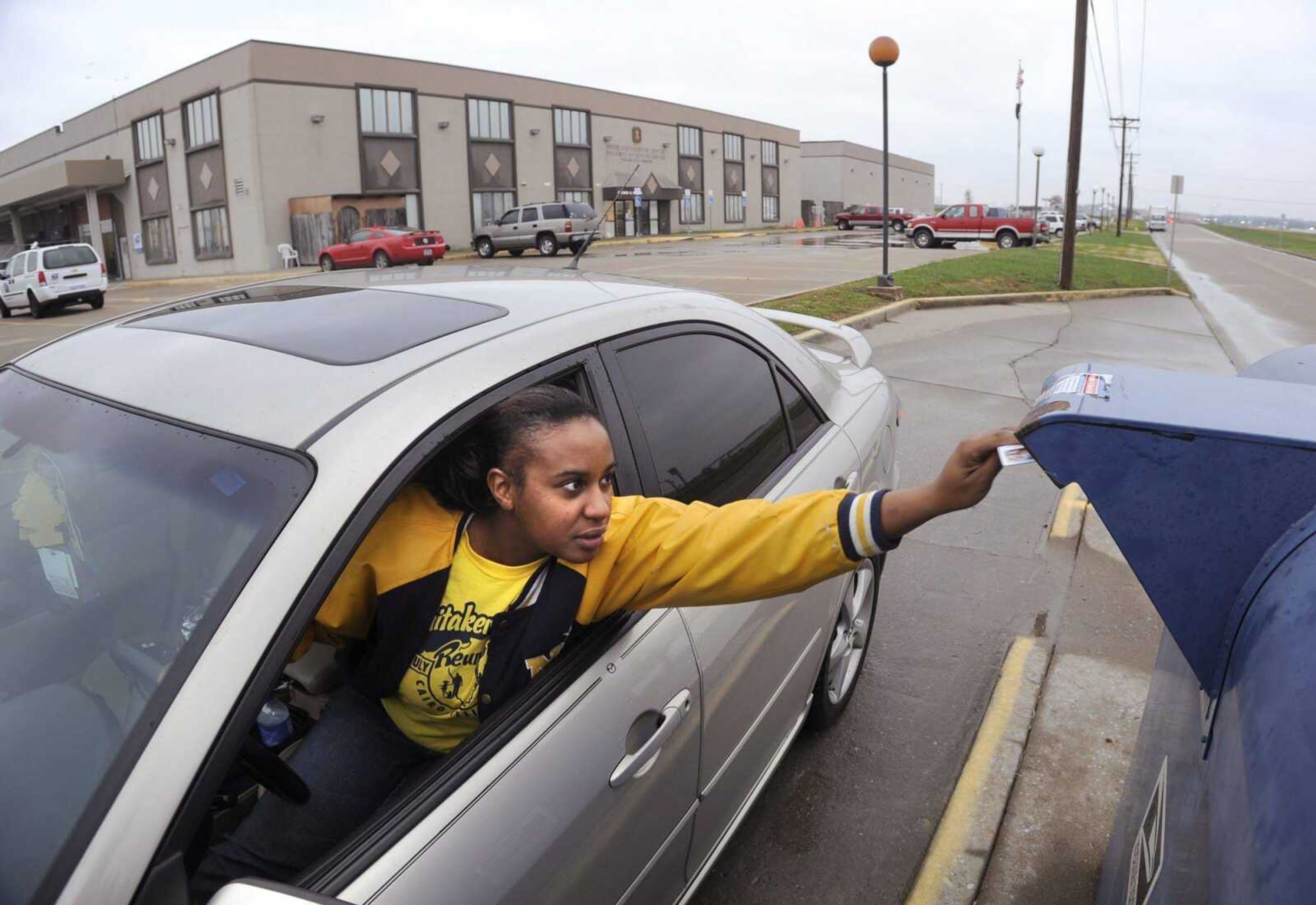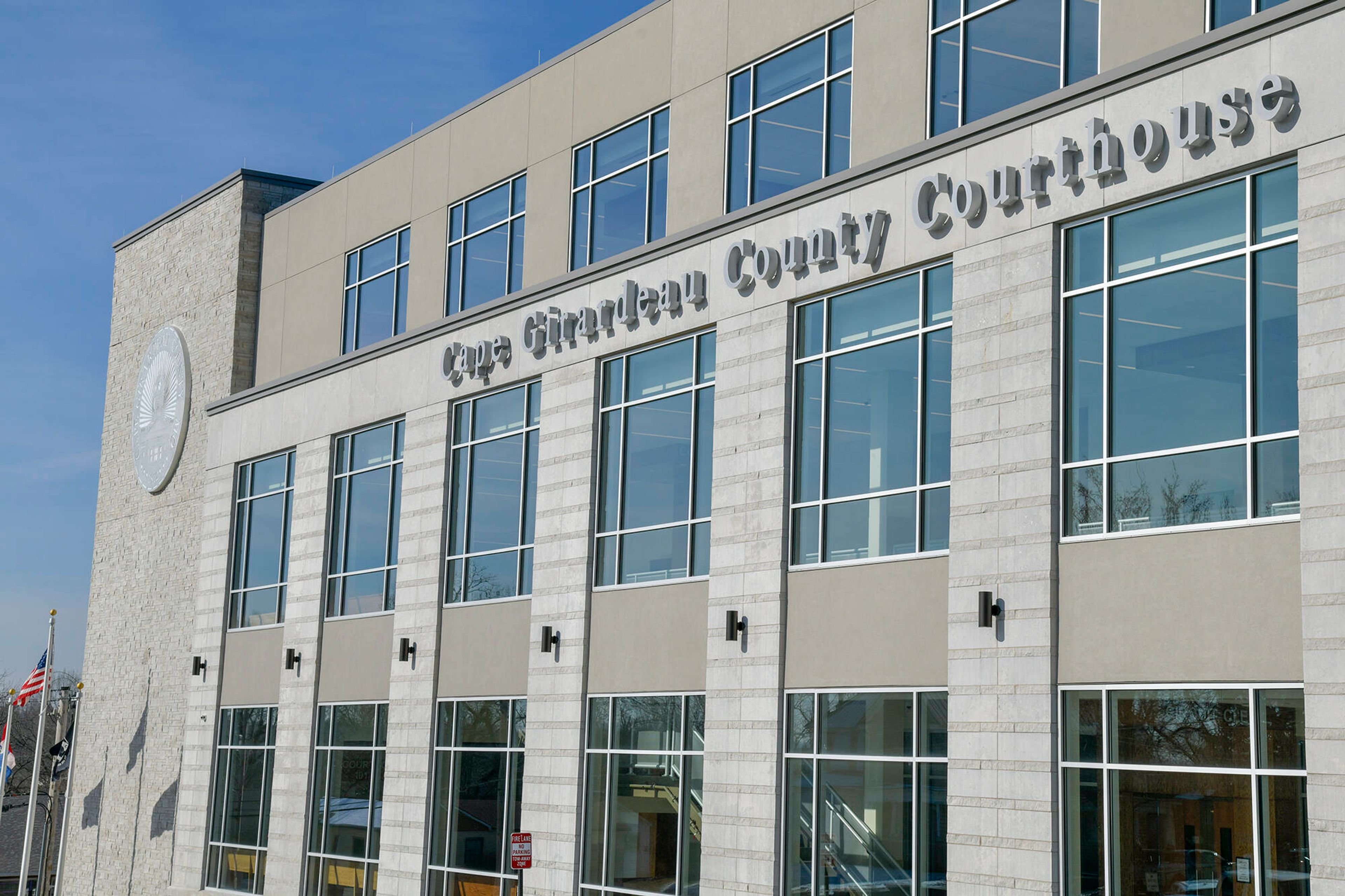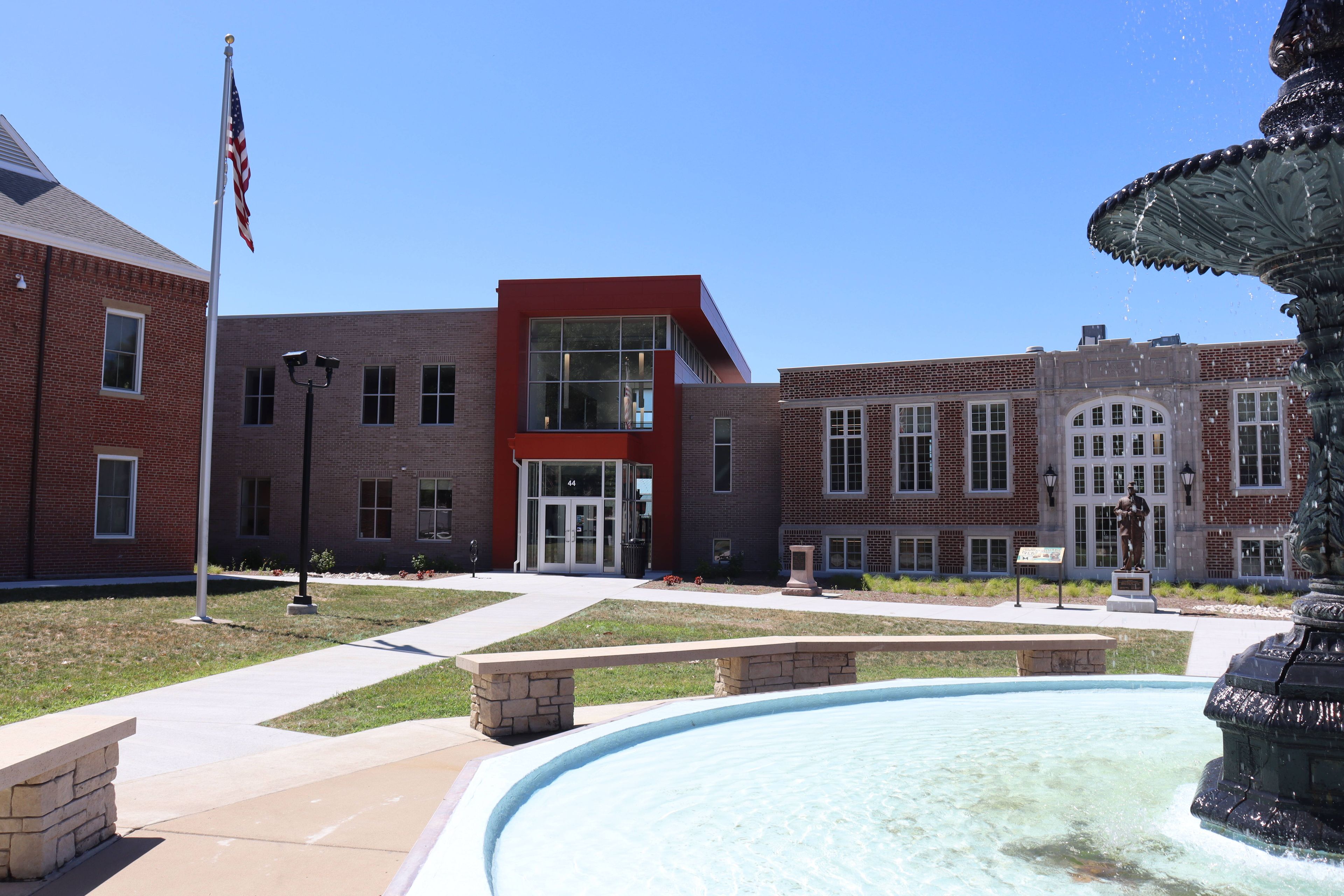Postal proposal would lengthen delivery times; Cape processing center could close
A news briefing by U.S. Postal Service vice president David Williams saying the postal service needs to move quickly to cut costs left workers at Cape Girardeau's mail processing center feeling doomed. The Richard G. Wilson Processing and Distribution Facility, with just over 100 employees, is among 252 processing centers the cash-strapped U.S. Postal Service announced it was considering closing in September...
A news briefing by U.S. Postal Service vice president David Williams saying the postal service needs to move quickly to cut costs left workers at Cape Girardeau's mail processing center feeling doomed.
The Richard G. Wilson Processing and Distribution Facility, with just over 100 employees, is among 252 processing centers the cash-strapped U.S. Postal Service announced in September it was considering closing.
Williams announced in Washington on Monday the Postal Service is moving forward with its plans to cut $3 billion by 2015 by closing the mail processing centers and asking the Postal Regulatory Commission to approve changes to its service standards.
The move would eliminate the chance for a stamped letter to arrive the next day, said Greg Davidson, president of American Postal Workers Union Cape Girardeau Area Local 4088. Mail from Southeast Missouri would be processed in St. Louis if the Cape Girardeau distribution center he's worked at for the past 14 years closes.
"There will be delays, and the Postal Service acknowledges that," Davidson said.
Williams said in certain narrow situations first-class mail might still be delivered the next day -- if, for example, newspapers, magazines or other bulk mailers are able to meet new, tighter deadlines and drop off shipments directly at the processing centers that remain open.
But in the vast majority of cases, everyday users of first-class mail will see delays.
Closing 252 of the country's 461 mail processing centers will lengthen the distance mail travels from the post office to a processing center. Before the postal service can move forward with its plans, it must first request approval to change its delivery standards from the Postal Regulatory Commission. First-class delivery standards haven't changed since 1971. The plan technically must await an advisory opinion from the independent Postal Regulatory Commission, slated for March.
The Postal Service is asking the Postal Regulatory Commission to change its delivery standards, now one to three days, to two to three days.
When the postal service announced in September it was considering closing nearly half its mail processing centers, it published a notice in the Federal Register seeking comments. Within 30 days, the plan elicited nearly 4,400 public comments.
Davidson said he and other postal workers feel officials have already made up their minds about what they're going to do.
"There's supposed to be a process they go through," Davidson said. "They set up a study, they complete the study, they look at the findings and at the end they come up with a plan of action to present to the public. They were looking for a place to hold the public meeting before they even started the study. That tells me they already had plans made up before any study was even commenced."
The Postal Service has set a tentative public meeting date of Dec. 29 at the Osage Centre, he said.
"I don't know how concerned they are about what the public says. It hasn't made a difference here recently. I think it's a foregone conclusion," Davidson said.
Postal union members have a no-layoff clause in their contracts, so the service must offer them another position within a 50-mile radius.
"We don't know where these jobs are going to come from. They're trying to get rid of 100,000 people through attrition alone. If they get rid of these jobs, where are the jobs these people are going to relocate to? These are questions no one seems to have the answers to," he said.
About 28,000 jobs would be eliminated by closing the 252 processing centers targeted.
Review underway
The review of the mail processing facility in Cape Girardeau is still underway, according to Richard Watkins, U.S. Postal Service spokesman in Kansas City.
"This is a separate issue, although it's being driven by the same circumstances that has the post office in a financial crisis and that is the significant drop in mail volume," he said.
After reaching a peak of 98 million pieces in 2006, first-class mail volume is now at 78 million. It is projected to drop by roughly half by 2020.
The Postal Service already has announced a 1-cent increase in first-class mail to 45 cents beginning Jan. 22.
Davidson said that if the Cape Girardeau processing center closes, it will also cost customers more.
Bulk mail customers will lose the local discount they now get if they're mailing within the area if their mail has to be processed in St. Louis.
"That adds up when you're sending out thousands of pieces of mail," Davidson said. "For small businesses that are already on the edge of making it or not, that extra cost is going to count."
Many churches and local civic organizations will also end up paying more for bulk mail, he said.
Delivery delays could also cause problems when invoices, paychecks or medicine ends up taking longer to get to its destination, he said.
U.S. Rep Jo Ann Emerson of Cape Girardeau said she opposes the Postal Service's cost-cutting measures.
"In Cape Girardeau, the processing facility enables next-day delivery of first class mail. Without the sorting facility, many postal customers will experience delays and our local mail will go to St. Louis to be processed," she said in a statement. "To me, that's creating inefficiency and reducing the footprint of the Postal Service in our region - not the kind of savings and service which will get this organization out of the red."
The Postal Service is an independent agency of government and does not receive tax money, but it is subject to congressional control on major aspects of its operations. However, the changes in first-class mail delivery standards could go into effect without permission from Congress.
The Associated Press contributed to this report.
mmiller@semissourian.com
388-3646
Pertinent address:
475 Kell Farm Drive, Cape Girardeau, MO
Connect with the Southeast Missourian Newsroom:
For corrections to this story or other insights for the editor, click here. To submit a letter to the editor, click here. To learn about the Southeast Missourian’s AI Policy, click here.










